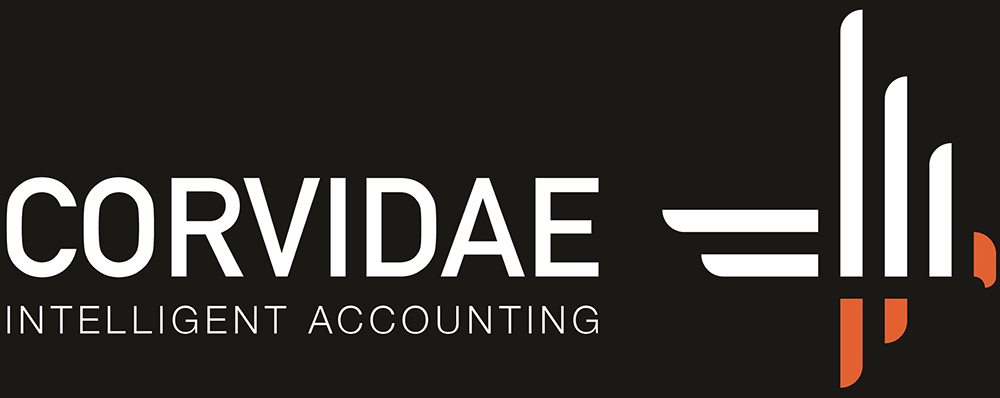Revenue has a few different ways of choosing who to audit here are some instances that may apply:
The Risk, Evaluation, Analysis and Profiling system (REAP)
REAP is a Revenue system that uses Revenue data as well as third-party information to spot when something doesn’t follow typical patterns or trends and might therefore need investigating.
One example might be if your business has a gross profit margin that is way outside the norm for your sector. Screening in this way is the most common method of selecting a business or taxpayer for audit.
Special Projects
Another way businesses can be selected for audit is when they come within the scope of a special project, where by Revenue will focus on a particular business sector, trade, or profession.
They will often pick a sector where non-compliance is high, as this allows them to maximise their results.
Random Selection
A small number of audit cases are selected randomly each year. Any business could theoretically be investigated, not just those that have potentially done something wrong.
Re-Auditing
Where Revenue has found non-compliance in the past, it is likely to re-audit the company at a later date to make sure that lessons have been learned.

